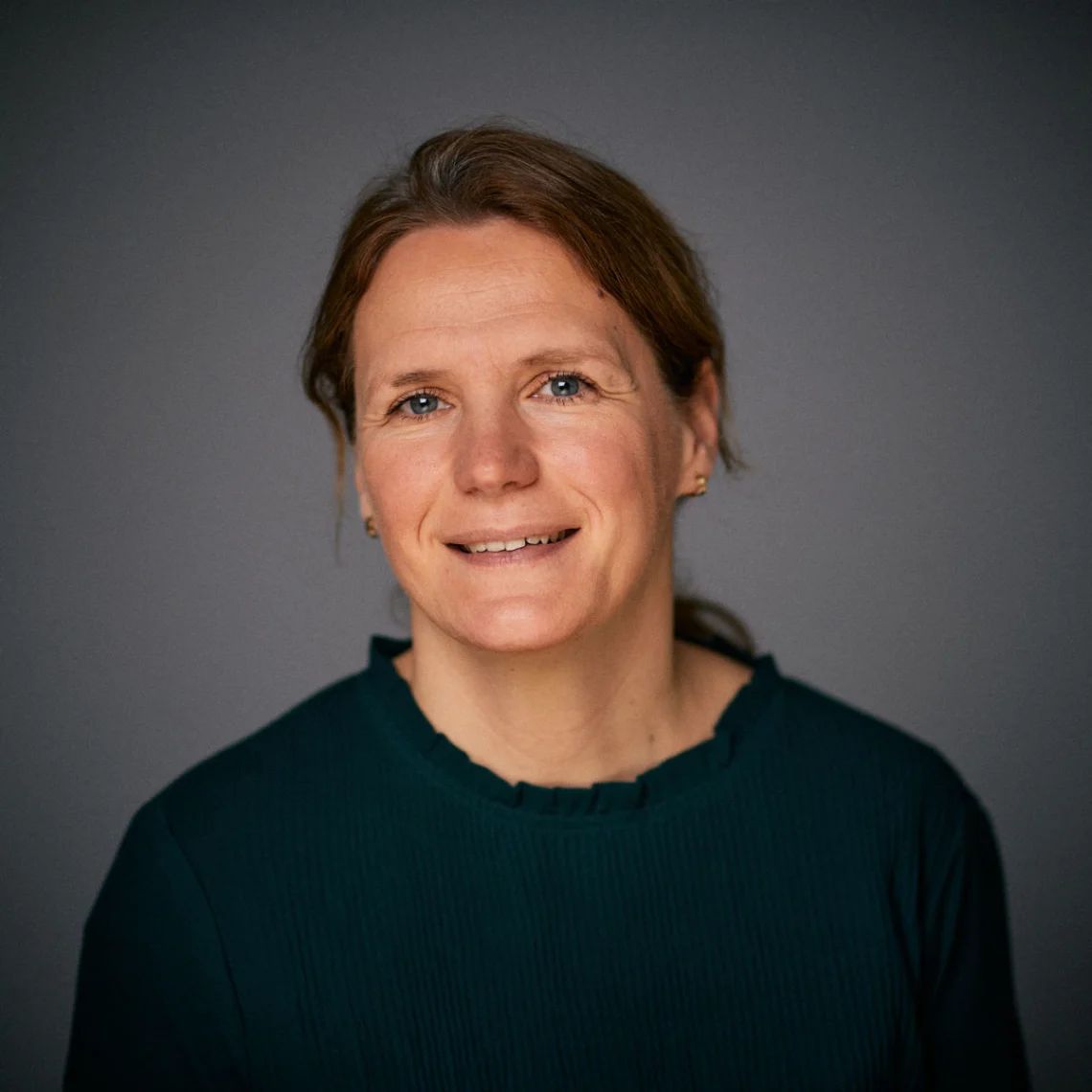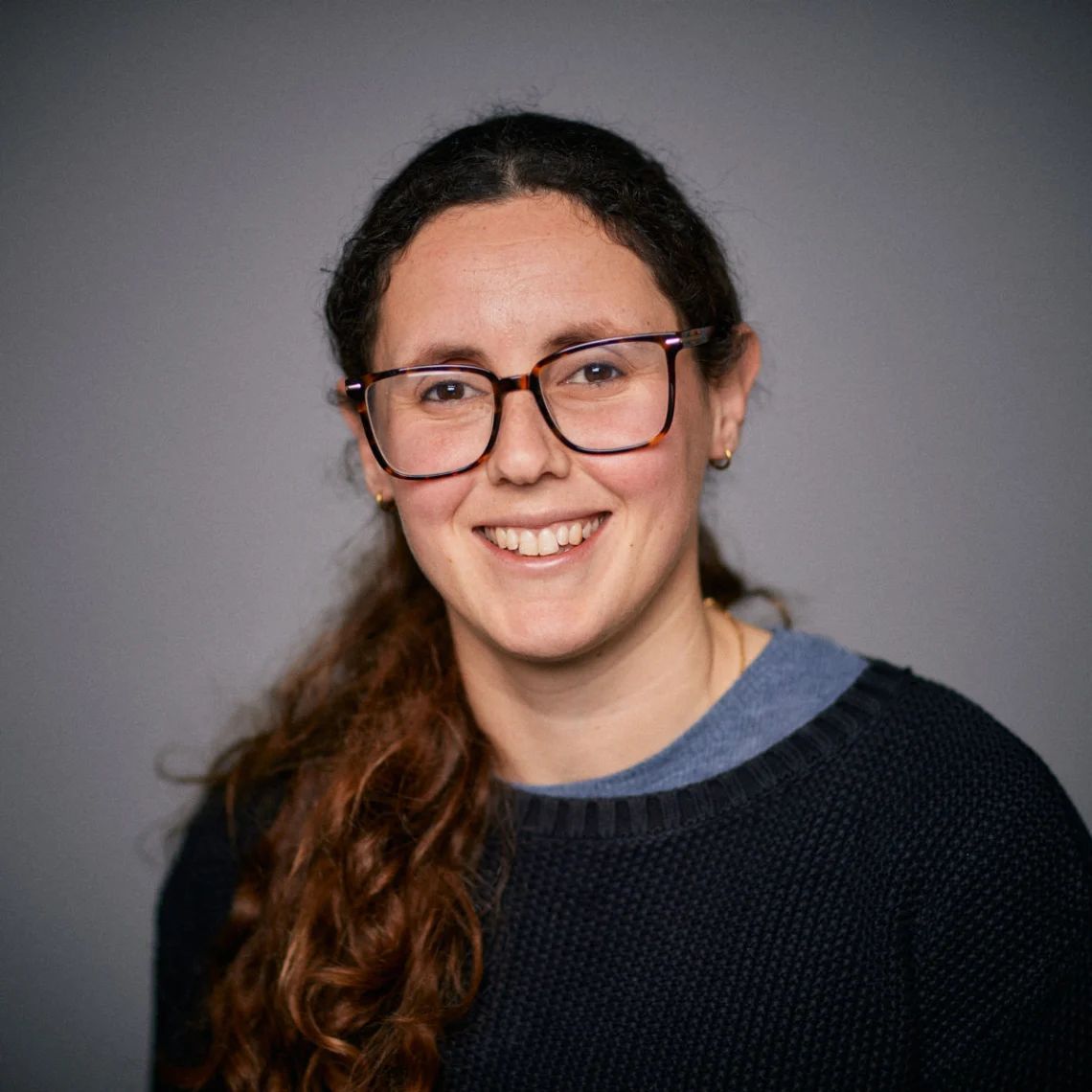About
The INITIATE study is a multi-centre, two arm, unblinded, cluster randomised controlled trial (RCT), with embedded process and economic evaluations.
To determine for patients aged ≥60 years, whether increasing the frequency and duration of a mobility focussed intervention after hip fracture surgery increases the number of days alive and at home within 30 days of hospital admission compared to usual care.
Study Sponsor
University of Oxford
Research Governance, Ethics & Assurance Team (RGEA)
Boundary Brook House
Churchill Drive
Headington
Oxford OX3 7GB
What is the problem?
Each year there are 70,000 new hip fractures in the UK, with an ongoing annual cost to health and social care services of £3 billion. After this injury, mobility and independence are so badly affected that one in six people never return home. This downward spiral of immobility and dependence contributes to a quarter of people dying within one year of the injury.
National mobility targets have been set for hospitals; patients should be helped out of bed within 48 hours of receiving surgery and receive two hours of rehabilitation per week. Patients whose care meets the target seem to recover more quickly than other patients. However, many hospitals struggle to meet this target. Patients and their carers have asked if increasing ward-based mobilising, would allow people to get back home more quickly and to continue living independently.
What are we trying to find out?
We want to find out if more ward-based mobilisation activity after hip fracture surgery allows people to get home more quickly and allow them to stay living in their own home longer.
What will we do?
We will study 22 NHS hospitals. Half the hospitals will be given additional staff to provide more mobilisation activities, the other half will continue with what they usually provide. Thirty days after surgery we will check if patients have been able to return to the same living arrangements as before their injury. We will compare how quickly people get back home and continue living independently between the different hospitals to see if having more mobilisation activities in the first days after surgery is better than usual care. A few months later, we will ask patients about their quality of life, how well they can move around and how much care they received.
Team

Prof. Matt Costa
Chief InvestigatorProfessor and Clinical Academic Orthopaedic Trauma Surgeon

Prof. Rebecca Kearny
Chief InvestigatorProfessor and Director Bristol Trials Unit

Amrita Athwal
Operational LeadAmritia is the senior trials manager on the WHiTE INITIATE Study.

Gratian Vandici
Trial ManagerGratian is the Trial manager for the WHiTE INITIATE study.

Sofia Massa
OCTRU Lead StatisticianSofia is the senior statistician on the WHiTE INITIATE project.

Naomi Vides
OCTRU Medical StatisticianNaomi is the study statistician on the WHiTE INITIATE project.

May Png
Senior Researcher in Health EconomicsMay will undertake the Health economics analysis for the WHiTE INITIATE project.
